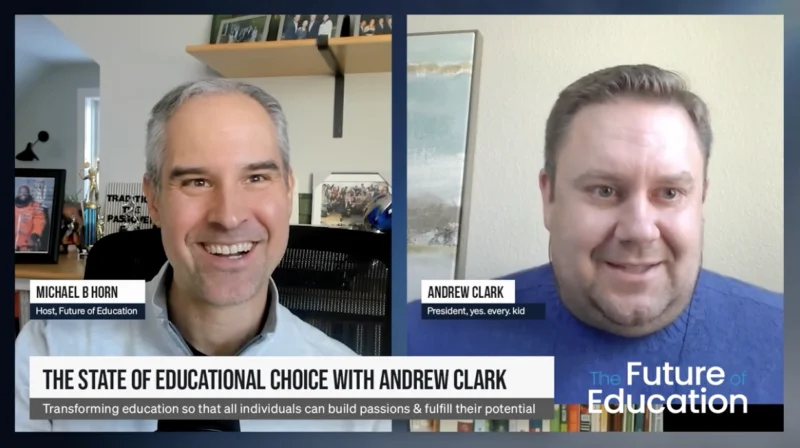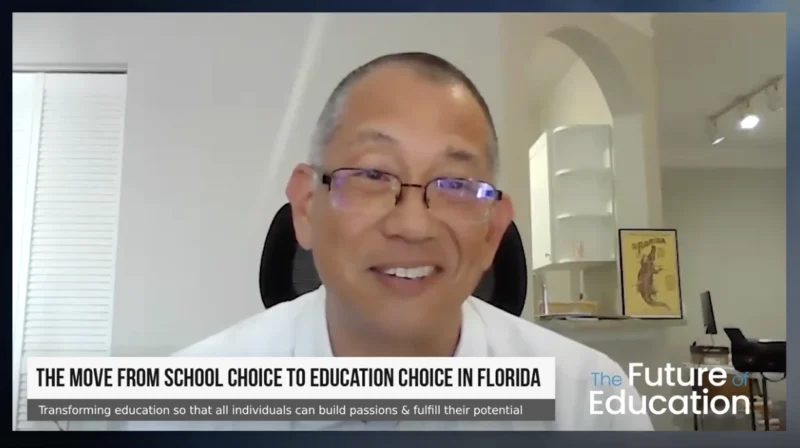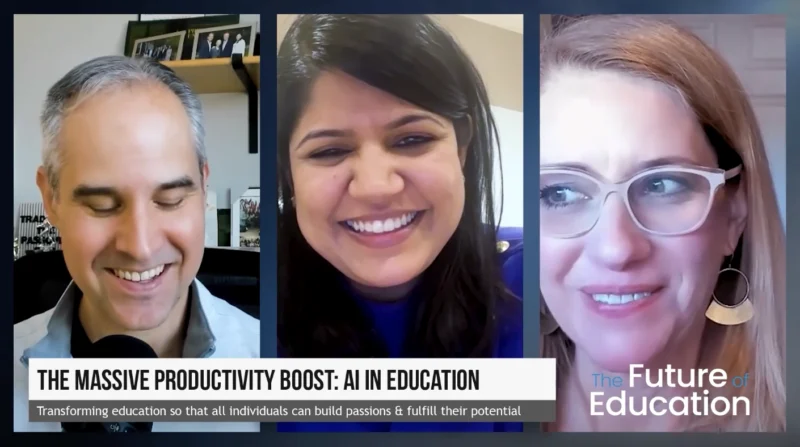Ushering in a New Era of Education with Pierre Dubuc
In May of 2022, the U.S. Department of Labor approved the launch of four Registered Apprenticeship Programs (RAPs) by OpenClassrooms, a French-Based education-to-employment platform.
These four programs (Data Analyst, Digital Marketer, Help Desk Technician, and Application (Software) Developer) will provide increased opportunities for individuals seeking to advance their careers and help employers fill crucial roles within their organizations.
These out-of-the-box ideas excite Michael B. Horn, host of The Future of Education podcast. What impressed Horn most was the attention to stellar instructional design found in these classes.
As Horn puts it, “This isn’t just stuff created by faculty, who perhaps don’t know the latest research behind teaching and learning; they’ve done a good job of being thoughtful about the education side of this, and the business model side of it.”
To find out how OpenClassrooms poised itself as a major disrupter in the business education space, Horn reached out to Pierre Dubuc, Co-founder, and CEO of OpenClassrooms. Pierre Dubuc founded OpenClassrooms with Mathieu Nebra in 2013 after a more than ten-year journey of making education accessible as a hobby.
In addition to OpenClassrooms, Dubuc is a founding member of the Edtech Founders club, an invite-only platform for Europe’s top edtech founders to share best practices.
“The mission of OpenClassrooms is to make education accessible, especially education leading to jobs,” Dubuc said.
“The social impact we’re tracking and reporting on is the number of career outcomes, otherwise known as job placements. It’s the number of students we place in the workforce for a first or new job, switching careers, getting promoted, creating your own business, but it is a significant career impact.”
“I think this transition happened about five-to-ten years ago in Europe,” Dubuc said. “But twenty years ago, it was the same thing in Europe. That changed over time. It’s a sea change. It means you have a significant portion of an age group going through apprenticeships, even for elite educations, like Ivy League-type universities and colleges. That’s a big change.”




